Perceived Autonomy, Monetary Reward, and Self-Regulation
Project Info
This project was my undergraduate honors thesis project that I conducted at the Department of Psychology at the University of Richmond in 2019 (data collection is still in progress) under the supervision of Dr. Cindy Bukach and Dr. Laura Knouse.
Although monetary reward may be advantageous for self-regulatory performance, under certain circumstances, the provision of monetary reward might undermine perceived autonomy and diminish intrinsic motivation, ultimately impairing self-regulatory task performance. Studies on perceived autonomy/agency have shown an enhancing effect of perceived agency on intrinsic motivation and cognitive and behavioral self-regulatory performance. However, no research has tested the potential interaction effect of providing monetary reward and increasing perceived autonomy on self-regulatory performance.
In this project, I examined the influence of perceived autonomy and performance-based reward on self-regulation at the neural level, by measuring neural sensitivity to errors (i.e., the error-related negativity (ERN)), and at the behavioral level, by measuring performance errors during an inhibitory control task.
Publication / PRESENTATION
Viranda, T. (2019). How do perceived autonomy and performance-based reward affect self-regulation?: Preliminary results. Undergraduate Thesis, University of Richmond, Virginia, Department of Psychology.
Sounds like your thing?
If you are a fellow researcher interested in collaborating or if my work resonates with you, I would be thrilled to connect! Feel free to email me at tv74@cornell.edu or schedule a meeting here.
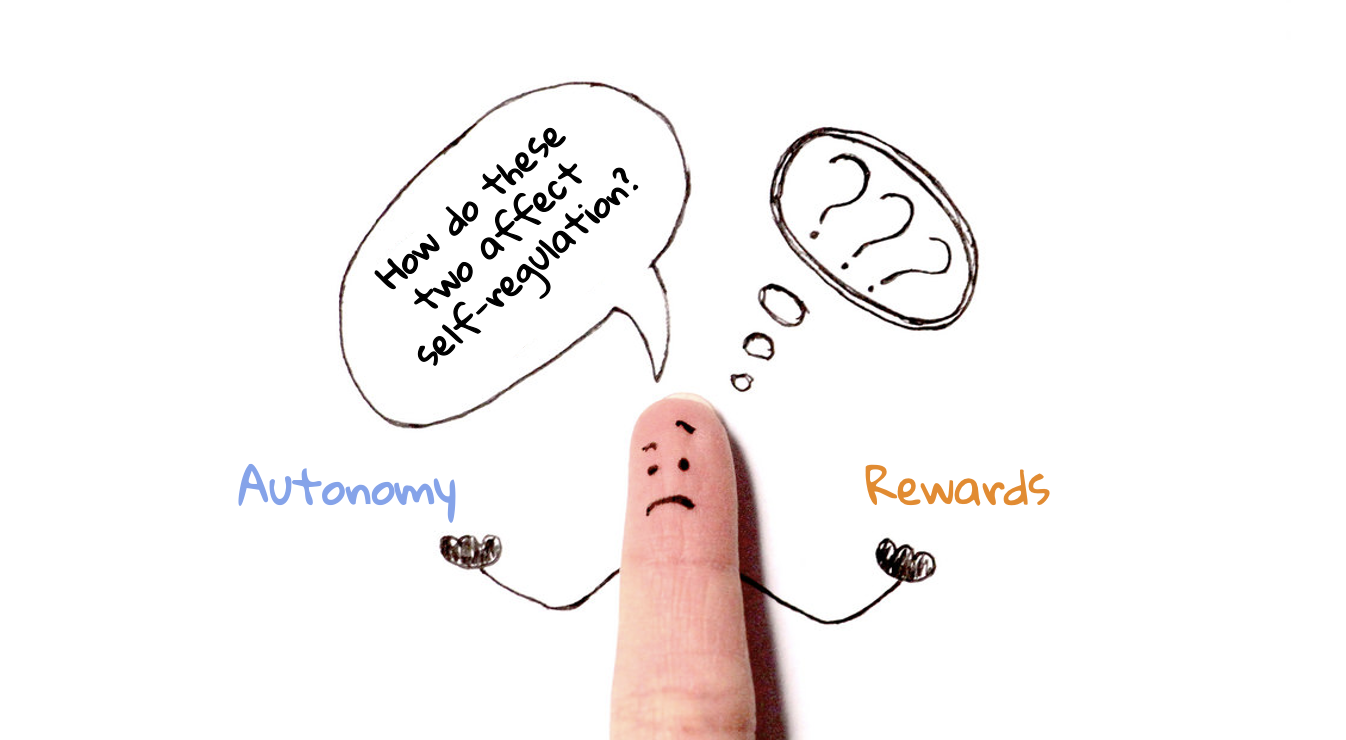
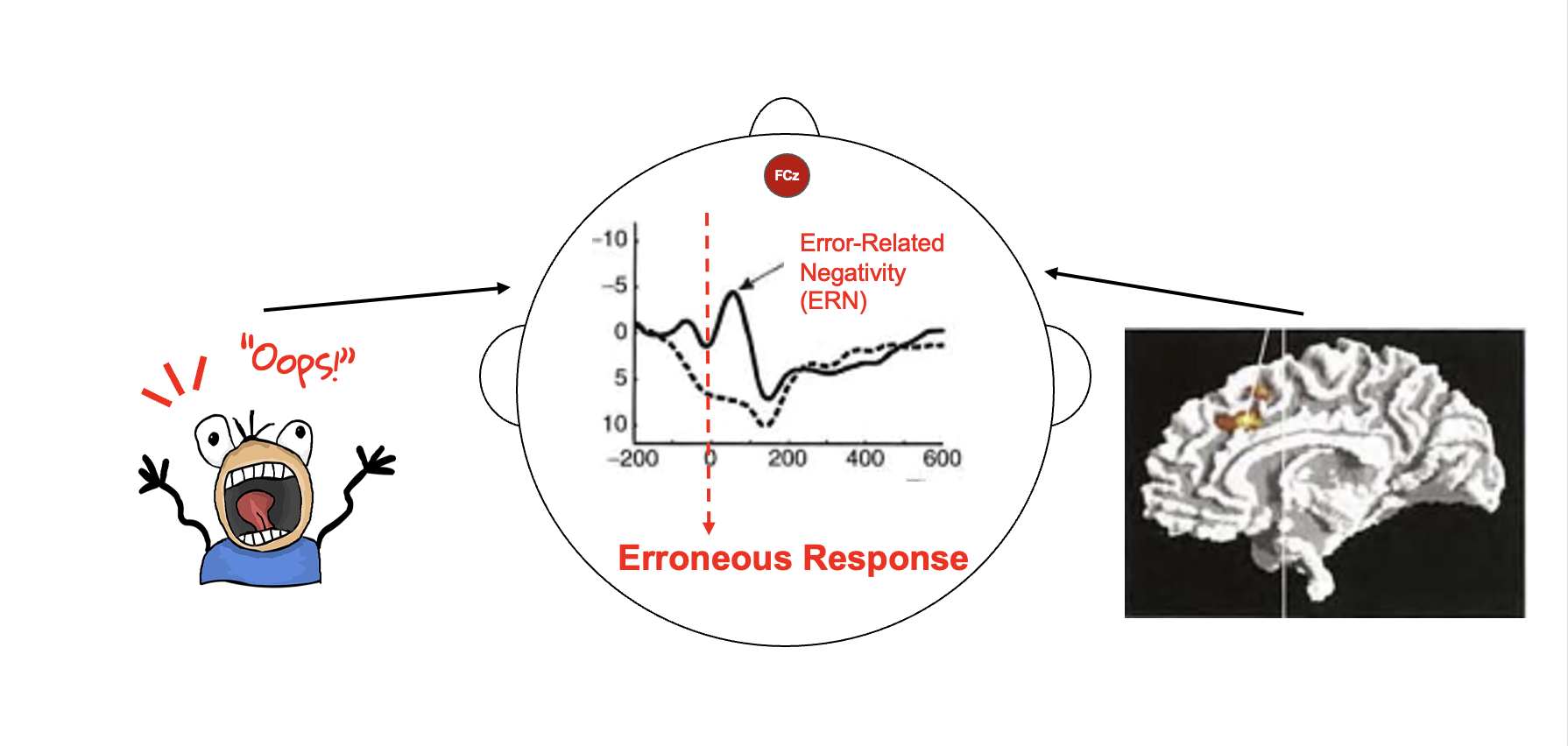
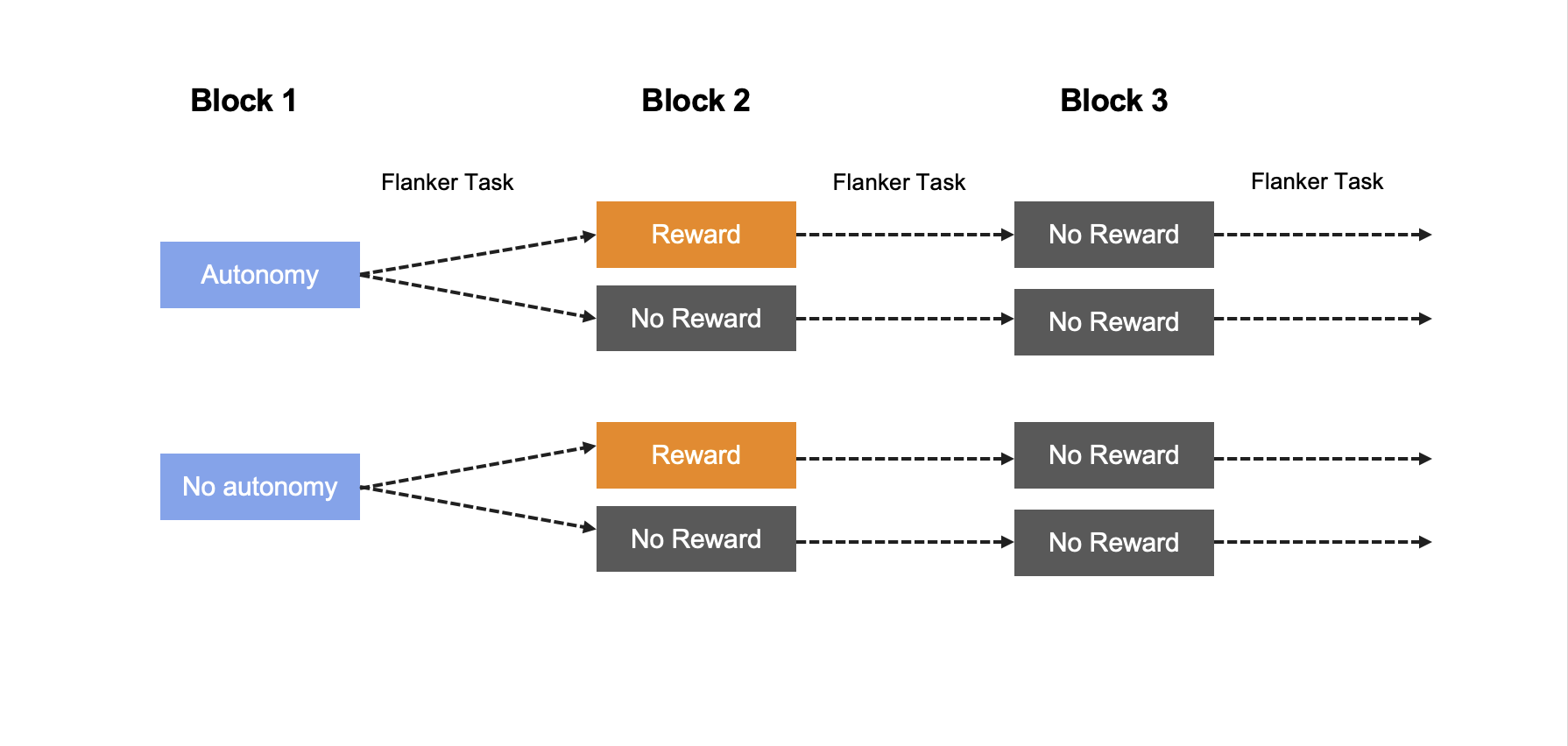
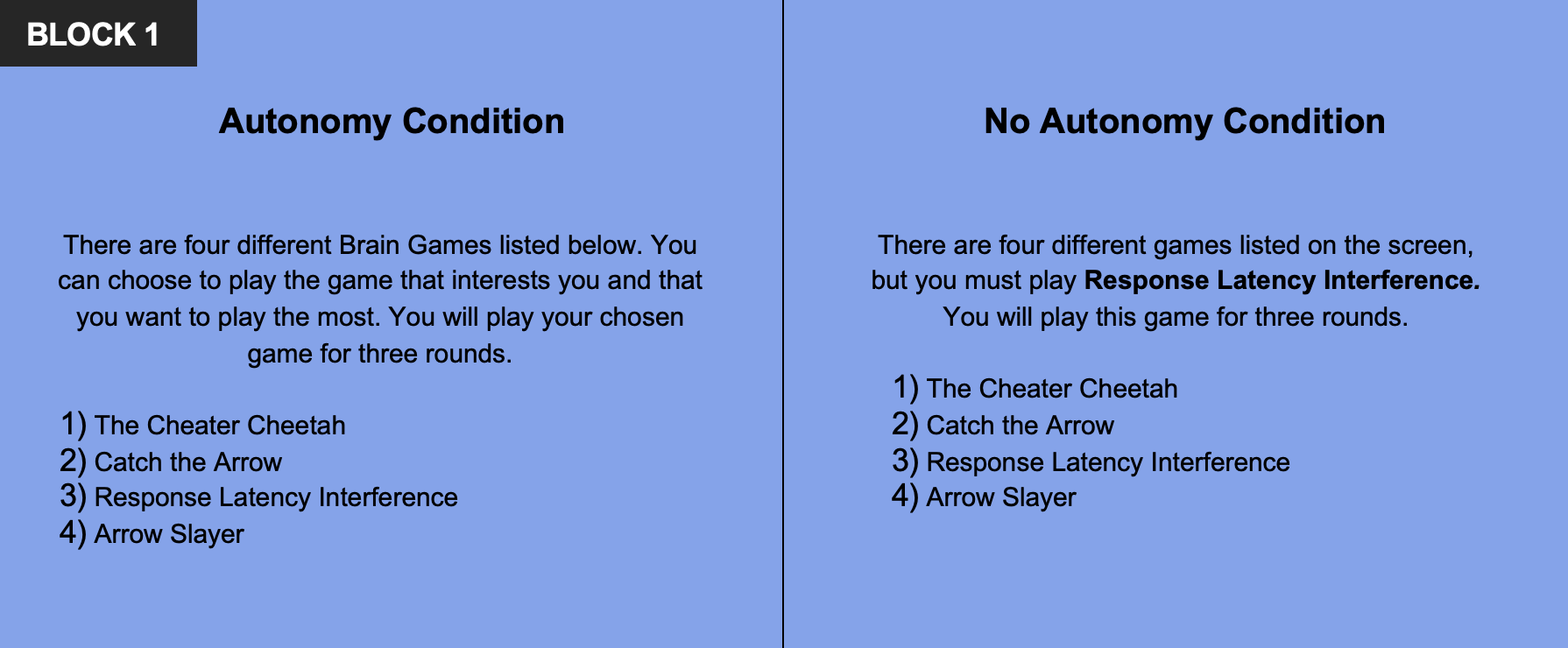
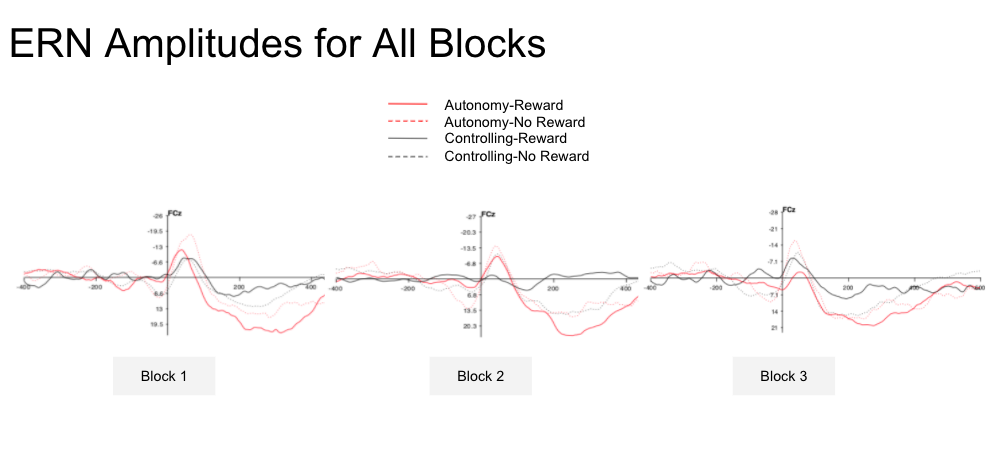

.png)